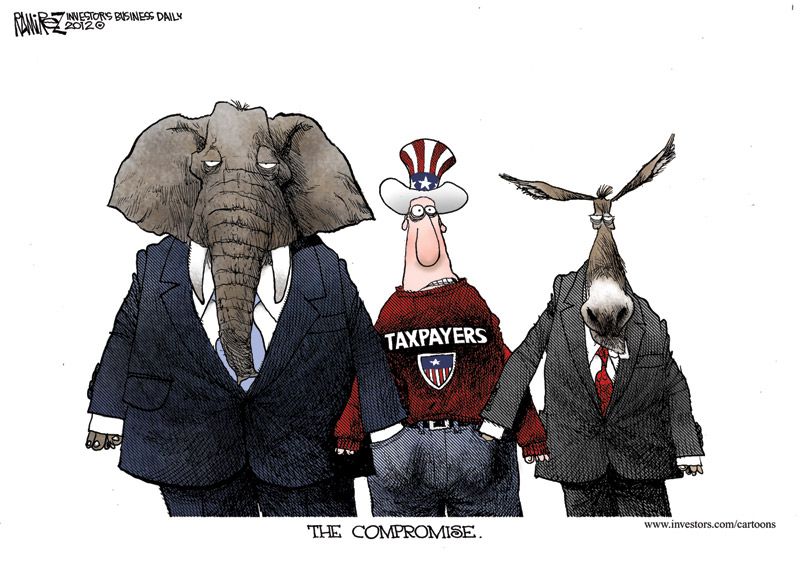
TheMomCat–
- Congressional Game of Chicken: Fixing Filibuster, Part II Tue Nov 27, 2012 at 06:06:34 AM EST
- Congressional Game of Chicken: Fixing Filibuster, Part III Tue Dec 04, 2012 at 20:13:20 PM EST
- Congressional Game of Chicken: Fixing Filibuster, Part IV Fri Jan 04, 2013 at 13:39:35 PM EST
- Congressional Game of Chicken: Fixing Filibuster, Part V Fri Jan 11, 2013 at 03:32:29 AM EST
- Congressional Game of Chicken: Fixing Filibuster Sign the Petition, Part VI Wed Jan 16, 2013 at 23:20:31 PM EST
Will Harry Reid kill real filibuster reform? Vote is tomorrow, January 22.
1/21/2013 10:00am by Gaius Publius
(W)e should be calling Harry Reid’s office today and tomorrow (early morning EST):
Harry Reid:
(202) 224-3542Reid also has four Nevada offices, all with phones. If you call:
- Tell him (politely) to act like a Democrat instead of a Beltway insider & Mitch McConnell’s virtual golfing buddy.
- Tell him to support the Merkley-Udall proposal and nothing less.
- Say if he doesn’t get real filibuster reform passed in the Senate, he owns the silent filibuster for the next two years. Every Republican obstruction will be his obstruction as well.
Let’s give him naming rights if he fails us like he did two years ago. The Senator Harry Reid Silent Filibuster™, brought to you by Senator Harry Reid, the Republicans’ new best friend in the Senate.
Other Dem senators who may be wavering:
Baucus Max MT D (202) 224-2651 Boxer Barbara CA D (202) 224-3553 Feinstein Dianne CA D (202) 224-3841 Heitkamp Heidi ND D (202) 224-2043 Hirono Mazie HI D (202) 224-6361 Leahy Patrick VT D (202) 224-4242 Reed Jack RI D (202) 224-4642 Make the call, please. Today… early (EST). Make several. I’d be shocked if the folks in the $800 suits hit the chambers anytime before 10 or 11am – gotta have time for those lobbyist breakfasts and all.
Harry Reid seeks middle path on filibuster
By MANU RAJU, Politico
1/17/13 6:41 PM EST
The contents of a filibuster reform package are not yet finalized, sources say, and Reid is still trying to cut a bipartisan deal with Senate Minority Leader Mitch McConnell (R-Ky.) to avert a partisan showdown on the floor next week. But Reid seems to have discarded one of the more far-reaching proposals sought by liberals – forcing senators to actually carry out a filibuster – because of fears that the plan would effectively kill the potent delaying tactic used frequently by the minority party.
…
Reid’s most pressing demand is to eliminate filibusters used to prevent debate on legislation from starting. He also wants to end filibusters used to prevent the Senate from convening conference committees with the House. And he’s eager to pare back the use of filibusters on certain presidential nominations.Senators could still filibuster in any number of situations under this approach. But Reid is weighing whether to shift the burden of the filibuster from those who are seeking to defeat it onto those who are threatening to wage one. Rather than requiring 60 votes to break a filibuster, Reid is considering requiring at least 41 senators to sustain a filibuster. That would amount to a subtle shift to force opponents to ensure every senator is present in order to mount a filibuster.
…
Still, what Reid is considering would fall short of a plan pushed by Sens. Merkley, Tom Udall (D-N.M.) and Tom Harkin (D-Iowa), who want to require anyone who is threatening to filibuster to actually carry one out on the floor – much like in the infamous movie classic, “Mr. Smith Goes to Washington.”Under their plan, if a filibuster is not defeated – but at least 51 senators want to overcome the delay tactic – senators who are obstructing would go to the floor and carry out the talk-a-thon. But once the senators stop talking, the Senate could overcome the filibuster with just 51 votes, rather than the 60 that is currently required.
Republicans and a handful of Democrats oppose this approach because they fear that it would effectively usurp the power of an individual senator to filibuster and effectively lower the threshold to overcome a filibuster from 60 votes to 51.
To repeat-
(W)e should be calling Harry Reid’s office today and tomorrow (early morning EST):
Harry Reid:
(202) 224-3542Reid also has four Nevada offices, all with phones. If you call:
- Tell him (politely) to act like a Democrat instead of a Beltway insider & Mitch McConnell’s virtual golfing buddy.
- Tell him to support the Merkley-Udall proposal and nothing less.
- Say if he doesn’t get real filibuster reform passed in the Senate, he owns the silent filibuster for the next two years. Every Republican obstruction will be his obstruction as well.
Let’s give him naming rights if he fails us like he did two years ago. The Senator Harry Reid Silent Filibuster™, brought to you by Senator Harry Reid, the Republicans’ new best friend in the Senate.
Other Dem senators who may be wavering:
Baucus Max MT D (202) 224-2651 Boxer Barbara CA D (202) 224-3553 Feinstein Dianne CA D (202) 224-3841 Heitkamp Heidi ND D (202) 224-2043 Hirono Mazie HI D (202) 224-6361 Leahy Patrick VT D (202) 224-4242 Reed Jack RI D (202) 224-4642 Make the call, please. Today… early (EST). Make several. I’d be shocked if the folks in the $800 suits hit the chambers anytime before 10 or 11am – gotta have time for those lobbyist breakfasts and all.

 Early this morning the
Early this morning the
Recent Comments